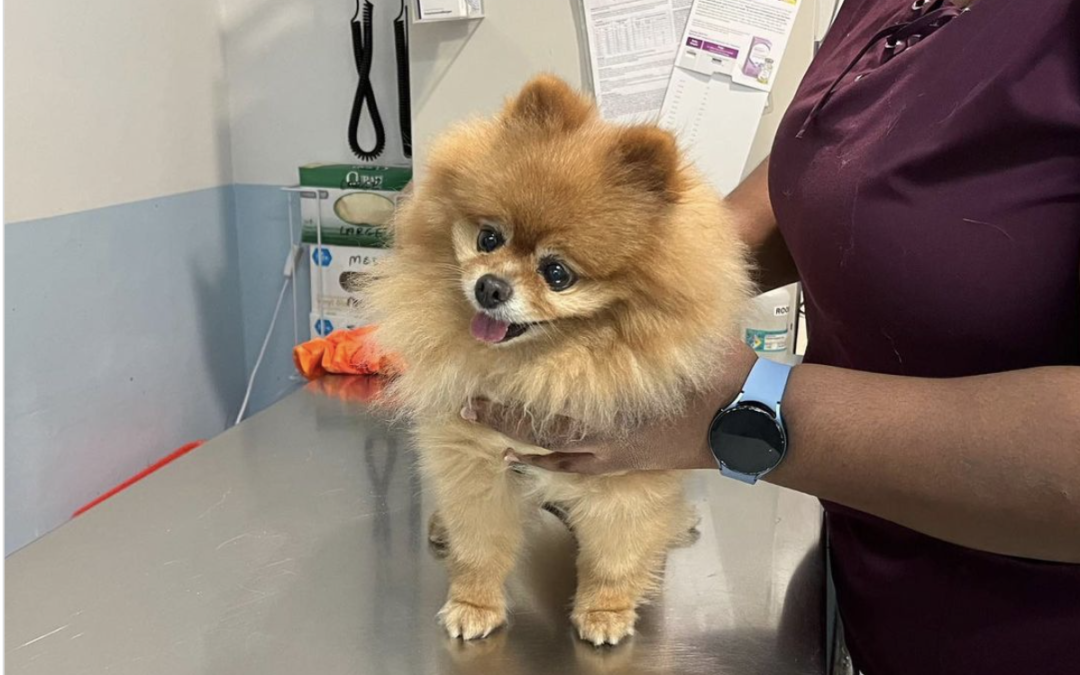Do you find yourself cooing every time you encounter a puppy? Those appealing eyes and the cute way they stumble around can make you want to go out and adopt one yourself. Read on to learn what you’re in for and how best to cope so that this new relationship can thrive from the outset.
Basic care and feeding
First off, ensure that you’re purchasing high-quality food that’s designed to meet nutritional requirements for puppies and help them grow into a strong adult. Choose a food with high quality ingredients and an animal-based protein as the first listed ingredient. Your local pet food retailer might be able to offer suggestions, but a licensed veterinarian is the best source of information when it comes to nutrition.
A trip to the veterinary clinic for a physical check-up and scheduled vaccines is also a must. Consider a meet-and-greet appointment prior to their first check-up so your pooch can get used to the facility and develop positive associations with the veterinarian and their staff. This is the time to ask for advice about your puppy’s needs and any preventative care recommended.
Behavior and training
Although puppies sleep a lot, be prepared for them to be constantly on the go while they’re awake. Exploring their world and learning through association is critical to their growth. Young dogs won’t understand your household’s boundaries and expectations, so you’ll need to have the patience to not only keep up with them but to remain calm when they exhibit unwanted behaviors.
Be ready to engage in daily training sessions and repeatedly redirect unwanted behaviors until they learn what you expect. Focus on reinforcing appropriate behaviors and maintaining consistency regarding rules and boundaries. This is where rewarding good behavior with praise and a few treats is necessary.
Creating comfort and safety
Your new pet needs to feel safe and comfortable in their home environment. A designated space where they can nap and unwind whenever they run out of steam will offer a sense of security. You’ll also need a crate or puppy enclosure for when you’re unable to keep a consistent eye on them.
Furthermore, puppy-proofing your home is essential to make sure your dog doesn’t hurt themselves. This involves having locks on cupboard doors, using pet gates to prevent them from falling down staircases or wandering into other rooms, and keeping the floors free of anything that could be harmful if ingested or chewed. While chewing is a natural behavior for all dogs, puppies have a particular tendency to put everything in their mouths during their teething phase.
Exercise and play
Play is important since it’s one way your pup learns and releases excess energy. Engage in play sessions daily and provide stimulating toys. Pay attention to the types of toys your canine prefers. Some love balls, while others enjoy rubber or fabric toys with a squeaker. Over time, your dog’s favorite toys will likely accumulate wear and tear, so be sure to supervise their play time to prevent them swallowing pieces of an item.
Your puppy must also have regular outdoor exercise and opportunities to investigate their surroundings outside. Although you both may enjoy outdoor adventures or play sessions with other dogs, be mindful that many puppies don’t know when to stop. There’s a risk of injury if they receive too much exercise or overexert themselves, so watch for signs that your pet is tiring and set limits on their activity.
Cementing a bond
Your puppy needs to know they can rely on you; that you’ll be there to care for their physical needs and assist them when problems arise. If something seems amiss or your pup appears nervous, it’s up to you to sort out the problem and build up their confidence. Providing reassurance when they’re having difficulties and spending lots of quality one-on-one time is the route to forming a strong bond that will last throughout your canine’s lifetime.
Socializing your pup
To have a well-adjusted, mentally healthy dog, it’s necessary to socialize them starting from round 12 weeks of age. This involves introducing your pup to other dogs and people, as well as exposing them to new environments and situations. Some of this can be accomplished during your daily walks. Visits to the local dog park once your puppy is a few months old and has received all of their vaccinations is an opportunity for them to practice good manners when playing with others.
Meeting others should be a positive experience. When introducing your puppy to different people or animals, start slow and maintain control of the situation so they don’t become overwhelmed. Your pup’s emotional health and social development depends on you noticing if they feel scared or insecure and stepping in to offer reassurance or remove them from the environment. The same applies when exposing them to new situations or stimuli.
In closing
Providing play, exercise, socialization, affection, care, and training to your puppy will help you raise an emotionally and physically healthy dog that will be a joy to parent.

